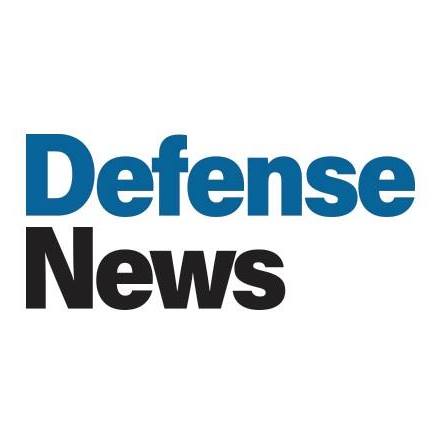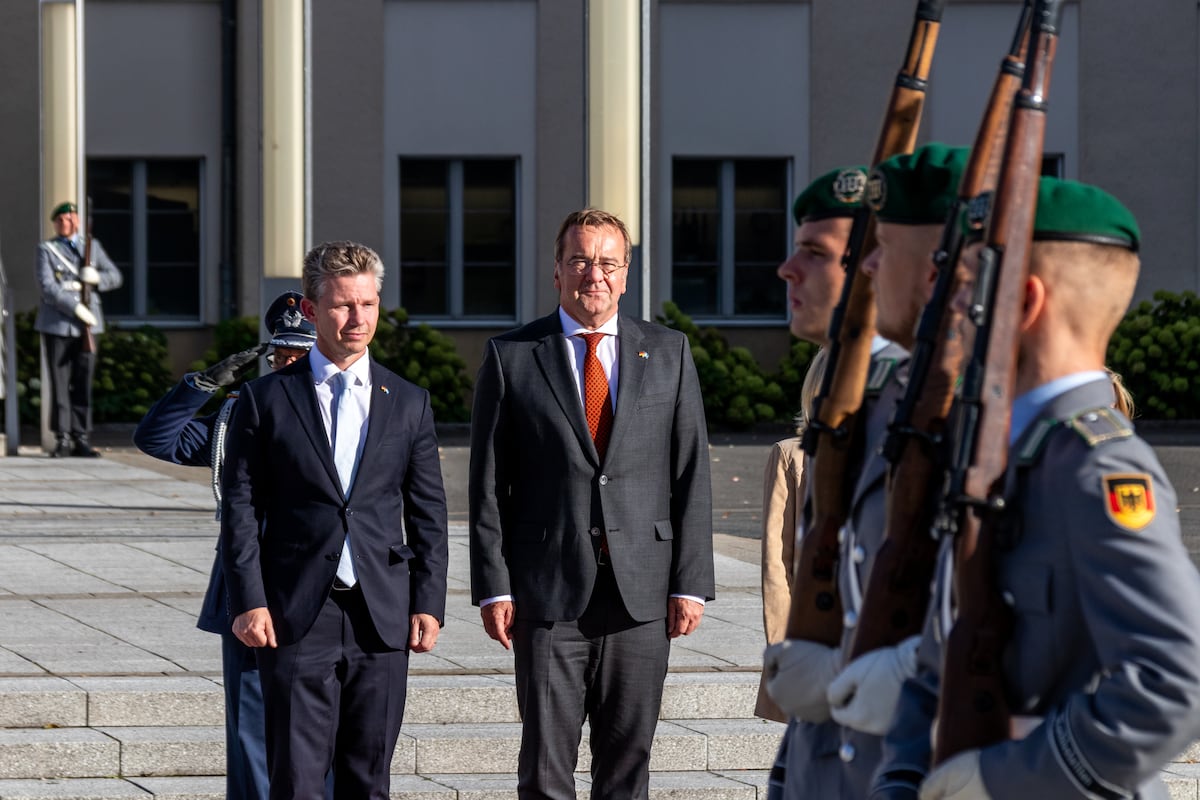



BERLIN — German Minister of Defense Boris Pistorius said calls to shoot down Russian jets that have entered NATO airspace are counterproductive, advocating instead for a policy of restraint following several incursions by Moscow’s warplanes.
He characterized the violations as dangerous and highlighted the risk of an accident or misunderstanding, but said that in the recent events, there had been no reckless behavior by Russian pilots.
“So far, there has been no recognizable aggressiveness in these incidents. But that is a prerequisite for kinetic, physical intervention,” the German defense minister said on Tuesday.
Pistorius, speaking at a press conference after a meeting with his Swedish counterpart, Pål Jonson, said that “frivolous demands to bring something down from the sky” would be unhelpful, adding that NATO should not fall into Russian President Vladimir Putin’s “escalation trap.”
“Prudence is not cowardice, but rather responsibility toward your own country and toward peace in Europe,” Pistorius said.
Calls to shoot down Russian military aircraft entering NATO airspace have popped up in the public discourse since around 20 drones overflew Poland earlier in September.
Czech President Petr Pavel, a former NATO general, argued that downing Russian planes should be an option for the alliance, saying that after Turkey shot down a Russian aircraft in 2015, “Russian provocations ceased.”
NATO and many of its member states have separately issued statements reiterating that they are ready to defend their airspace, by force if necessary.
The German defense chief described how German and Swedish alert squadrons coordinated to handle a Russian reconnaissance aircraft conducting dangerous low-altitude flights over the Baltic Sea over the weekend, ensuring it “quickly left NATO airspace.”
Sweden is the NATO alliance’s newest member, joining in 2024 after abandoning a longstanding neutrality stance.
Besides jointly intercepting Russian planes, the two ministers touted their countries’ deepening relationship, including the area of defense.
Among the upcoming joint procurement projects, Sweden and Germany will buy IRIS-T SLM air defense missiles under the European Sky Shield Initiative umbrella, Pistorius said, as well as snow-going vehicles manufactured in Sweden.
Swedish defense manufacturers may also be in for a boon with the looming retirement of NATO’s E-3 Sentry airborne warning and control system (AWACS) aircraft based in Germany. This would leave Berlin with a significant capability gap in national airborne early warning and control.
Pistorius said on Tuesday that the Swedish Saab GlobalEye was “in pole position” to close this capacity gap, though he cautioned that a decision had not yet been made.
Linus Höller is Defense News' Europe correspondent and OSINT investigator. He reports on the arms deals, sanctions, and geopolitics shaping Europe and the world. He holds a master’s degrees in WMD nonproliferation, terrorism studies, and international relations, and works in four languages: English, German, Russian, and Spanish.
